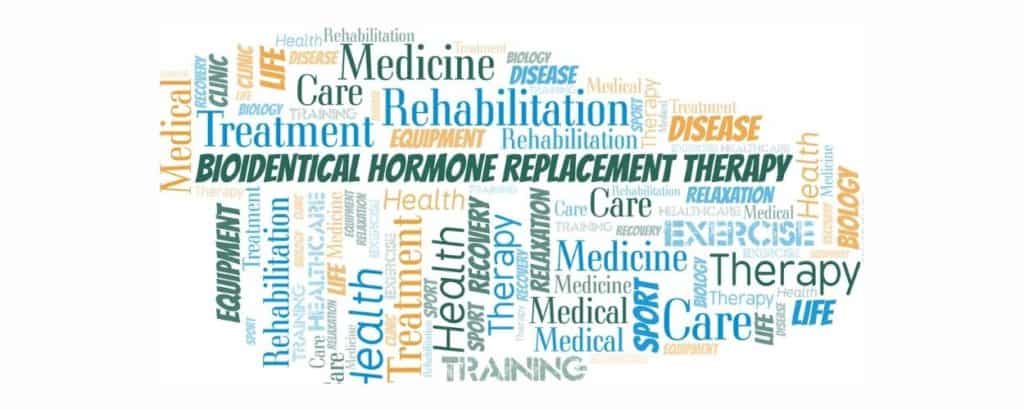
how much does testosterone replacement therapy cost
testosterone replacement therapy phoenix
The creation of educational materials regarding testosterone replacement therapy is an important task for healthcare professionals. It equips healthcare providers with the necessary knowledge and skills to successfully manage this important treatment. Educational materials must cover many topics, such as the indications and risks of testosterone replacement therapy, how to monitor patients receiving it, and the correct methods for doing so. It is important that healthcare professionals are informed about possible side effects of testosterone replacement therapy, and how they can be managed. Education materials should contain information about possible interactions between testosterone therapy and other medications a patient might be taking. It is important that healthcare professionals have access to the most recent research and best practices for testosterone replacement therapy. Comprehensive educational materials about testosterone replacement therapy have been created to provide healthcare professionals with the necessary information to effectively and safely prescribe the therapy to their patients.
A comprehensive guide to the benefits and risks of testosterone replacement therapy can help men understand this treatment's potential advantages and disadvantages. Testosterone replacement therapy, or TRT, is a hormone replacement therapy used to treat men with symptomatic low testosterone. It involves taking hormones like testosterone to supplement the body's naturally-occurring testosterone. While it can help those with low testosterone levels, it can also come with several risks. These include an increased risk of prostate cancer, cardiovascular issues, and gynecomastia. It is also important to note that there is evidence suggesting that testosterone replacement therapy may increase the risk of stroke. It is essential to consult a physician before beginning any hormone replacement therapy to assess the potential health risks and benefits. Furthermore, it is often recommended that patients discuss the potential side effects with a healthcare provider to ensure they are comfortable with the potential risks. While testosterone replacement therapy can be beneficial for men with low testosterone levels, it is important to understand the potential risks and benefits before beginning any hormone replacement therapy.
To be certain that you understand what was said, it is a good idea to do so in your own words.




